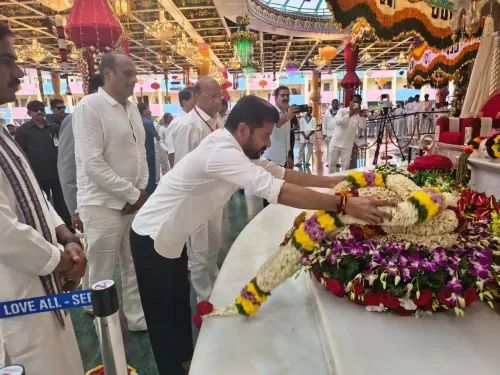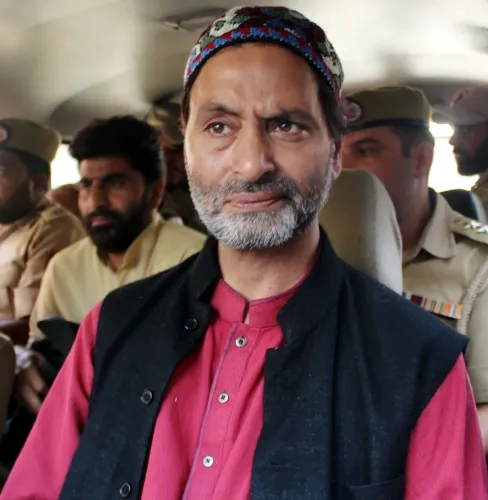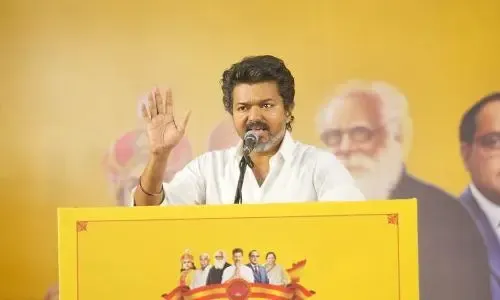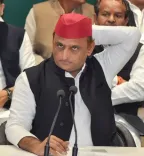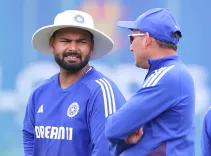Has the Lok Sabha Started Impeachment Proceedings Against Justice Yashwant Varma?
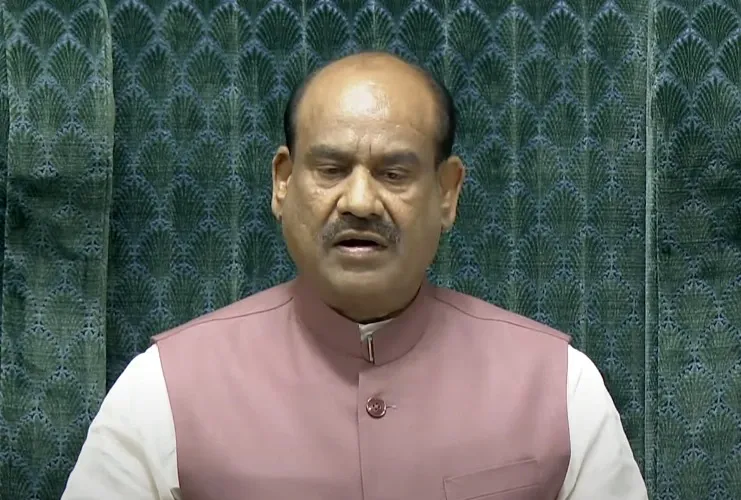
Synopsis
Key Takeaways
- Impeachment Motion: Initiated against Justice Yashwant Varma.
- Constitutional Grounds: Proceedings under Articles 124 (4), 217, and 218.
- Committee Formation: A statutory committee to investigate the charges.
- Historical Context: Only the third instance of impeachment proceedings against a judge in India.
- Judicial Integrity: Highlights the need for accountability within the judiciary.
New Delhi, Aug 12 (NationPress) In a rare and constitutionally significant action, the Lok Sabha on Tuesday officially announced the impeachment motion against Justice Yashwant Varma of the Allahabad High Court. This marks the initiation of proceedings under Articles 124 (4) and 217 and 218 of the Constitution, potentially leading to his removal from office.
Speaker Om Birla stated that he received the motion on July 31, supported by Ravi Shankar Prasad and a total of 146 members from the Lok Sabha alongside 63 members from the Rajya Sabha. This follows shocking revelations earlier this year when bundles of burnt currency were found at Justice Varma’s government-provided residence in Delhi during a fire incident in March.
Although the judge was not present during the fire, a three-member internal judicial inquiry concluded that he had “secret or active control” over the cash, which led the Chief Justice of India to recommend his removal.
The impeachment motion was presented in the House by Speaker Om Birla, who also declared the establishment of a statutory committee to probe the allegations.
Under the Judges (Inquiry) Act, 1968 and its associated regulations, the committee will comprise a sitting Supreme Court judge, a Chief Justice from a High Court, and a renowned jurist.
Speaker Birla remarked, “I have found substance according to the regulations in the motion and have allowed it for discussion. I have also set up a three-member committee to investigate the matter, which includes: Justice Arvind Kumar, Supreme Court; Justice Manindar Mohan Shrivastava, Chief Justice of Madras High Court; and Mr V.V. Acharya, senior high court judge from Karnataka High Court. The committee will report back soon, and until then, the motion will remain on hold.”
Justice Varma contested the inquiry's conclusions in the Supreme Court, alleging procedural unfairness and constitutional overreach.
Nevertheless, the Supreme Court rejected his plea last week, affirming that the process was “transparent and constitutional” and criticized his choice to engage in the inquiry while later questioning its validity.
If the committee finds merit in the accusations, the motion will need a special majority in both Houses—a two-thirds vote of members present and voting, alongside a majority of the total membership—before proceeding to the President for final endorsement.
This event marks just the third instance in India's independent history where impeachment proceedings have been initiated against a sitting judge, emphasizing the seriousness of the allegations and the institutional commitment to maintain judicial integrity.


